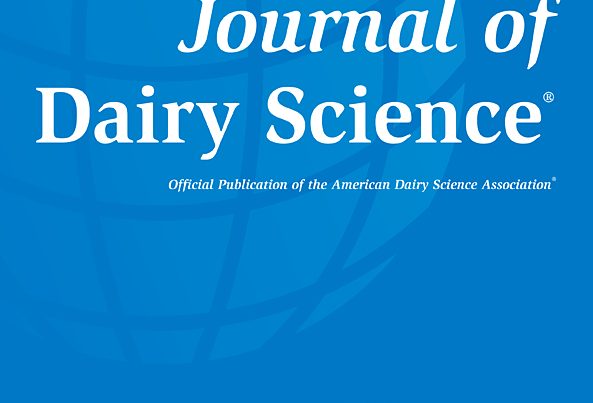Document type: Scientific article published in Frontiers in Veterinary Science
Authors: Angélique Travel, Angélique Petit, Perrine Barat, Anne Collin, Camille Bourrier-Clairat, Marion Pertusa, Fabien Skiba, Sabine Crochet, Estelle Cailleau-Audouin, Pascal Chartrin, Vanaïque Guillory, Denis Bellenot, Rodrigo Guabiraba, Laurence A. Guilloteau
Preview: The potential of herbal extracts containing bioactive compounds to strengthen immunity could contribute to reducing antimicrobial use in poultry. This study aimed at developing a reliable and robust methodological pipeline to assess the ability of herbal extracts to strengthen chicken innate defences, especially concerning inflammation and oxidative stress. This methodology was applied to Melissa officinalis L. (MEL) extract, recognized for its biological activities including antioxidant and anti-inflammatory properties. Different methods were used to (1). guarantee the quality of MEL extract and its capacity to stimulate the innate immune system; (2). evaluate the relevance of an ex vivo model to mimic inflammatory and oxidative stress challenges to replace LPS injection in chickens; (3). analyse the effects of feed supplemented with MEL extract on inflammation and oxidative stress induced ex vivo; (4). assess the effects of MEL extract on the redox balance, health, welfare and performance in broilers exposed to suboptimal starting conditions through a large-scale approach. The quality of MEL extract preparations, through phytochemical quantification of rosmarinic acid (RA), revealed varying concentrations of RA in the different MEL extracts. RA concentrations remained stable for at least 9 months and in feed three months after incorporating MEL extract. When incubated with chicken cell lines MEL extract showed potential metabolic activation and ability to stimulate immune functions but induced cytotoxicity at high concentrations. The original ex vivo model of inflammation developed on chicken blood cells enabled inflammation and oxidative stress biomarkers to be expressed and revealed antioxidative and anti-inflammatory properties of blood cells from chickens fed MEL extract. The experimental model of chicken suboptimal starting conditions validated beneficial effects of MEL extract on the redox balance and also evidenced improved performance during the growth phase, a tendency for fewer muscle defects but a higher severity of pododermatitis lesions without affecting other welfare indicators. This study grouped methods and tools that could be combined according to the plant extract, the needs of professionals working in poultry production systems and staff responsible for animal health, welfare and feeding.
This article is also available here: INRAE news item on 28 October 2021 Evaluating the potential of plant extracts to boost immunity in poultry






